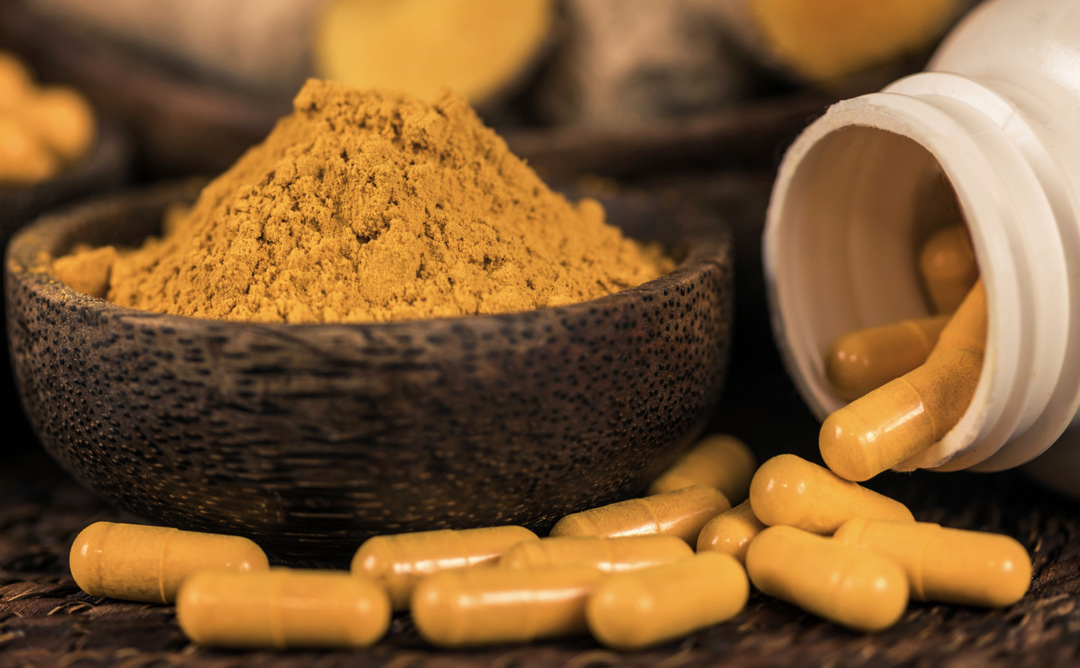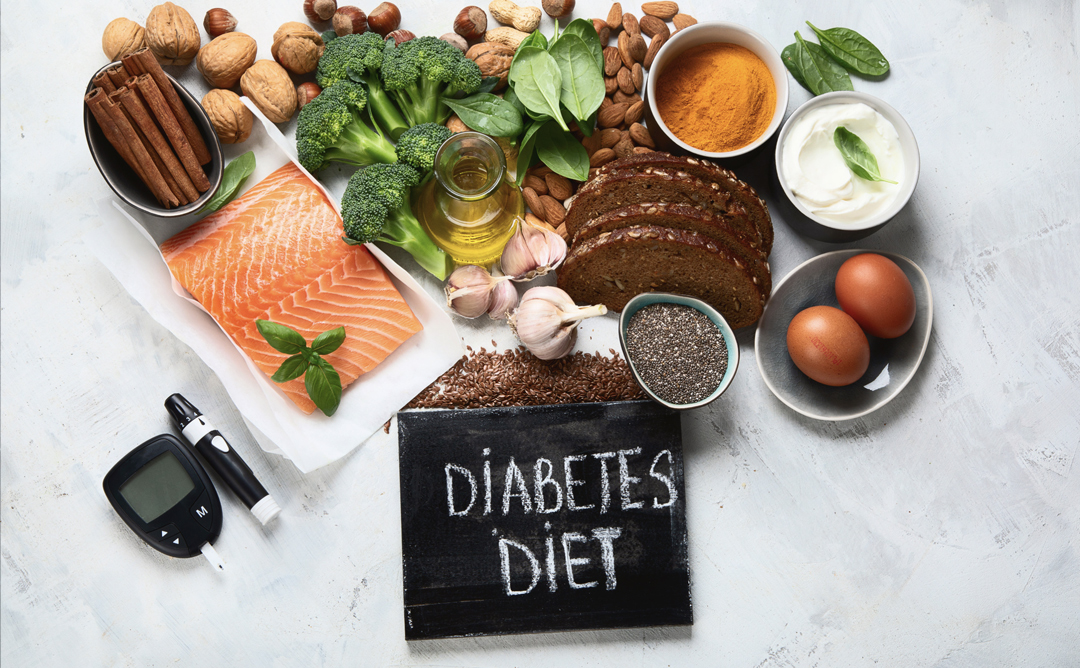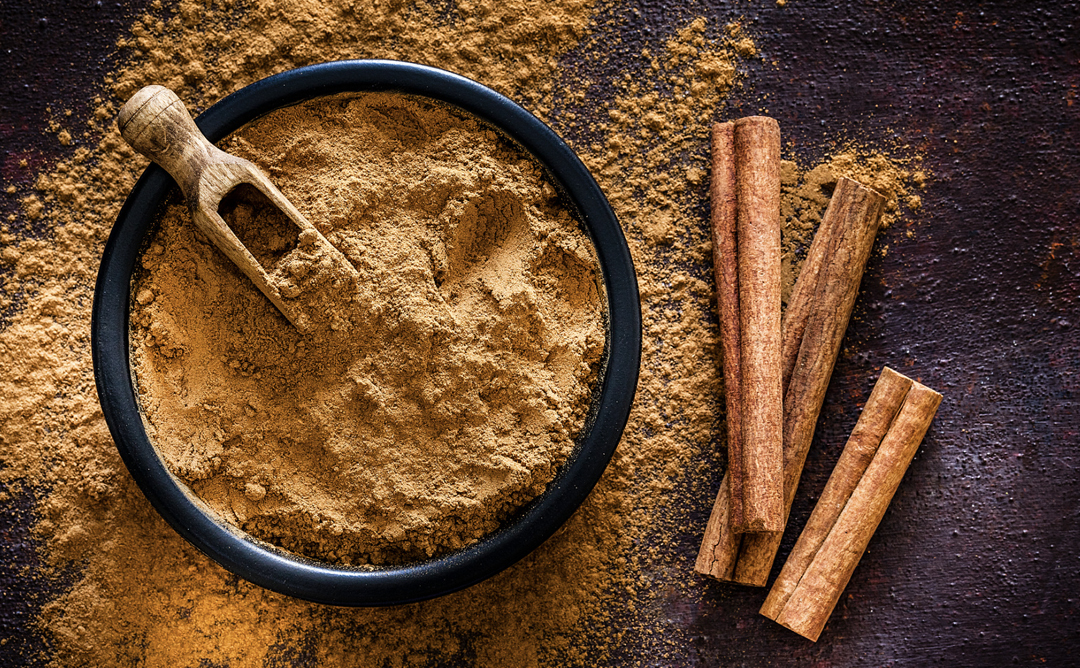
Curcumin Is Nature’s Anti-Inflammatory Power

Curcumin Is Nature’s Anti-Inflammatory Power
Inflammation is the worst! The pulling throbbing pain can absolutely make me loose my mind! Coming unglued with every step throughout the day. But, I have found that in the realm of natural healing, one shining star has emerged with remarkable anti-inflammatory properties: Curcumin, the active compound found in turmeric. As an alternative to Nonsteroidal Anti-Inflammatory Drugs (NSAIDs), curcumin offers a wealth of benefits without the potential drawbacks associated with synthetic medications. Let’s explore the advantages of curcumin and why it’s becoming a popular choice for those seeking a natural approach to inflammation and pain relief. It’s one of my personal favorites!
Understanding Inflammation
Inflammation is a natural response by the body to injury or infection, but chronic inflammation can lead to various health issues. NSAIDs are commonly prescribed to alleviate inflammation and pain, but they come with a set of potential side effects such as kidney failure, heart attack, stroke, and many more. Curcumin, on the other hand, presents a natural and holistic approach to managing inflammation.
How long does it take to work?
I can feel the curcumin working within just a few hours! Of course, when I know I’m going to be battling inflammation with upcoming weather or activities I will start my regimine before the inflammation hits and WOW I can really keep it under control without having to depend on ibuprofen. If I feel like I need more I can always add it to my daily inake.
Benefits of Curcumin
-
- Powerful Anti-Inflammatory Effects
Curcumin is renowned for its potent anti-inflammatory properties. It works by blocking inflammatory pathways at the molecular level, providing relief from inflammation without the potential side effects associated with NSAIDs.
- Powerful Anti-Inflammatory Effects
-
- Antioxidant Support
Beyond its anti-inflammatory effects, curcumin acts as a powerful antioxidant. It scavenges free radicals, reducing oxidative stress and supporting overall cellular health.
- Antioxidant Support
-
- Gastrointestinal Friendliness
NSAIDs are known for causing gastrointestinal issues, including stomach ulcers and bleeding. Curcumin, on the other hand, is gentle on the digestive system and less likely to cause such complications.
- Gastrointestinal Friendliness
-
- Safe for Long-Term Use
Long-term use of NSAIDs can lead to adverse effects on the kidneys, liver, and cardiovascular system. Curcumin, when consumed in appropriate doses, is considered safe for long-term use without the same risks.
- Safe for Long-Term Use
-
- Cardiometabolic Benefits
Curcumin has shown promise in supporting heart health by improving blood vessel function, reducing cholesterol levels, and exhibiting anti-thrombotic properties.
- Cardiometabolic Benefits
-
- Neuroprotective Effects
Studies suggest that curcumin may have neuroprotective effects, potentially helping in the prevention or management of neurodegenerative diseases.
- Neuroprotective Effects
-
- No Known Drug Interactions
Unlike NSAIDs, which may interact with various medications, curcumin is less likely to cause adverse interactions with other drugs.
- No Known Drug Interactions
-
- Potential Cancer Prevention
While research is ongoing, some studies suggest that curcumin may have anti-cancer properties, inhibiting the growth and spread of cancer cells.
- Potential Cancer Prevention
-
- Natural Mood Booster
Curcumin has been linked to improvements in mood and may offer benefits for those dealing with mood disorders or anxiety.
- Natural Mood Booster
As we navigate the journey towards natural healing, curcumin emerges as a golden ally in the fight against inflammation and pain. Choosing curcumin over NSAIDs not only provides relief without the risk of harmful side effects but also aligns with the principles of holistic well-being. Whether you’re looking for joint support, cardiovascular health, or overall inflammation management, curcumin offers a natural and powerful solution to nurture your body from within. I have embrace the healing power of curcumin every single day. Let nature be your guide to a healthier, more vibrant life with curcumin!
This is the supplement we recommend: https://amzn.to/47BOLDH
Join Our Facebook Group
Disclaimer: We are an affiliate of many companies, which means that we may receive a commission if you click on our affiliate link and make a purchase. However, this does not affect our reviews and comparisons. We strive to provide honest opinions and recommendations based on our own experiences and research. Any product claim, statistic, quote, or other representation about a product or service should be verified with the manufacturer, provider, or party in question.


